Blog
Recent Blog Posts
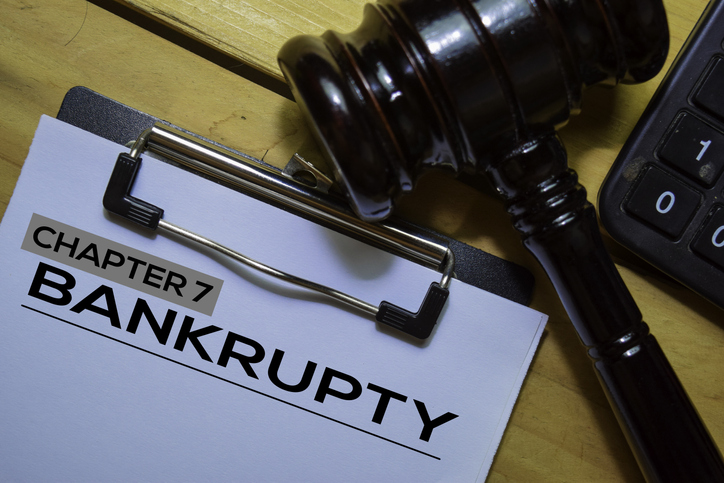
The Chapter 7 Trustee’s Power to Avoid Transactions
The purpose of bankruptcy is to enable people who have suffered financial hardships to discharge their debts and get a start fresh. However, the bankruptcy law is also designed to treat creditors fairly. Therefore, the law gives the trustee of a bankruptcy estate the power to avoid what are called preferential transfers: those that benefit… Read More »

What is an Adversary Proceeding in Bankruptcy?
In the course of a bankruptcy, disputes may arise among the debtor, creditors and/or the trustee. If the parties cannot amicably resolve them, one of the parties may initiate an adversary proceeding, which may be thought of as a case within a case. An adversary proceeding is similar to a civil lawsuit but it is… Read More »

Can You File for Bankruptcy Without Involving Your Spouse?
You can file for bankruptcy protection without your spouse also being named as a debtor. However, the bankruptcy will not protect your spouse against liability for debts for which you are jointly liable. New Jersey is a common law state, which means that each spouse owns a share (most likely one-half) of the jointly held… Read More »
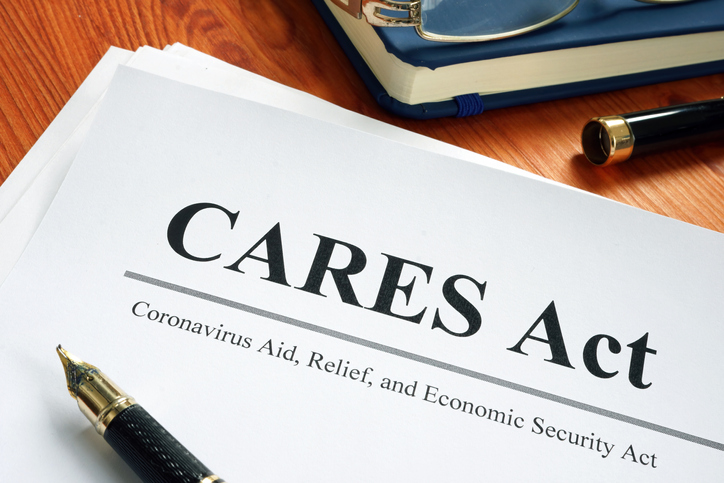
Small Business Bankruptcy Eligibility Expanded by CARES Act
A typical Chapter 11 bankruptcy allows a business to continue in operation while its debt is restructured. However, this remedy is often disadvantageous to small businesses due to its strict reporting requirements, creditors committee involvement and potentially high administrative costs. The Small Business Reorganization Act (“SBRA”), which went into effect in 2020, provides a lower-cost,… Read More »
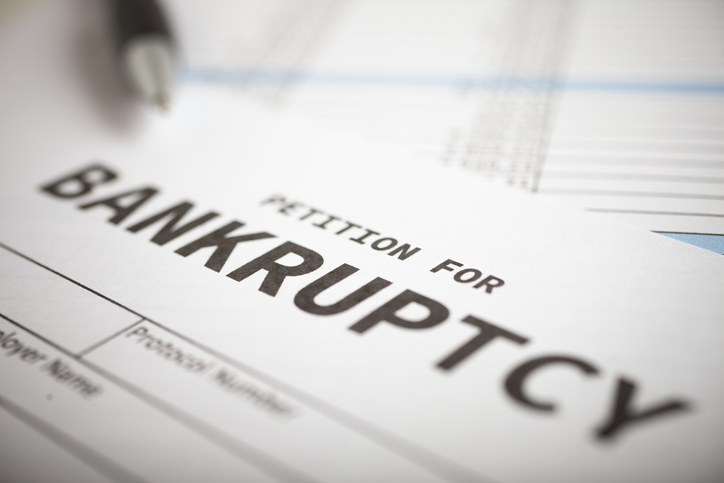
What Issues Can Cause Your Bankruptcy to be Denied?
People who are facing insurmountable debts often seek bankruptcy protection. At the end of the process, they expect their debts to be discharged. However, not every bankruptcy case ends in a discharge. There are several reasons why bankruptcy petitions can be denied. The chief cause of bankruptcy cases going off track is the debtor’s failure… Read More »
Alternatives to Filing for Bankruptcy
If you are experiencing significant financial distress from overwhelming debt, the prospect of filing for bankruptcy may be appealing. However, a bankruptcy can be time-consuming and expensive and could leave you with a significantly damaged credit score. Before deciding to start the bankruptcy process, you should consult an attorney who can advise you on other… Read More »

Can You Keep Your 401(k) or IRA If You File for Bankruptcy?
One of the misconceptions about filing bankruptcy is that you “lose everything.” While it’s certainly true that you’ll have to adjust and sell some assets, bankruptcy law contains several exemptions that allow you to protect certain assets from creditors. Retirement accounts are one of those exemptions — retirement savings and income are generally untouchable during… Read More »

High Court to Decide on Creditors’ Duty to Release Impounded Vehicles to Owners in Bankruptcy
The U.S. Supreme Court is poised to resolve the question of whether a creditor may retain possession of a debtor’s repossessed vehicle once the debtor files for bankruptcy. Five of the nation’s circuit courts have said no but the Third Circuit, which covers New Jersey, Delaware and Pennsylvania, has disagreed, making the issue ripe for… Read More »
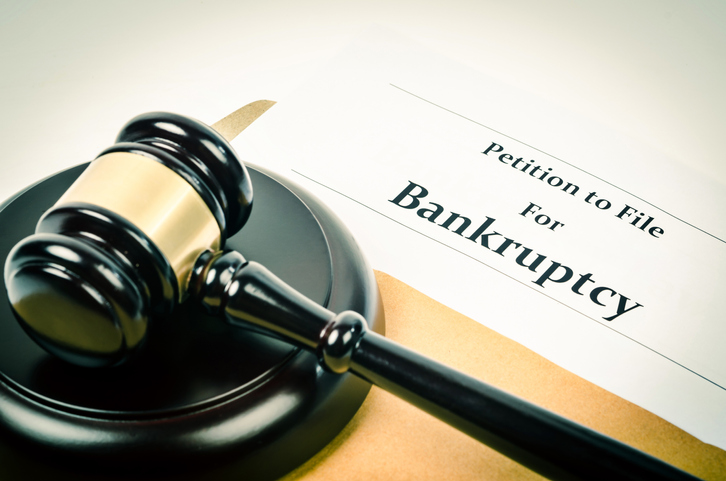
Can You File Bankruptcy If You Exceed the Median Income Limit?
No matter how dire your financial situation, there is no rule that says you must file for bankruptcy. But if filing is something you choose to do, then the type of bankruptcy you file will be largely determined by what is known as the means test. We’ve gone into the details of the means test… Read More »
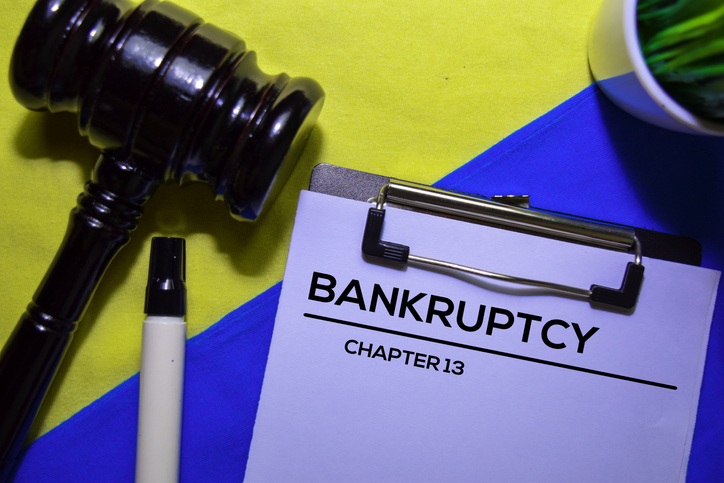
Can You File for Chapter 13 If You’re Self-Employed?
Filing Chapter 13 bankruptcy means you’ll spend three to five years paying back your debts as part of a court-ordered repayment plan. The amount you pay and the length of your payment period depends on how much you earn and how much you spend. It is not very difficult to build a repayment plan for… Read More »
